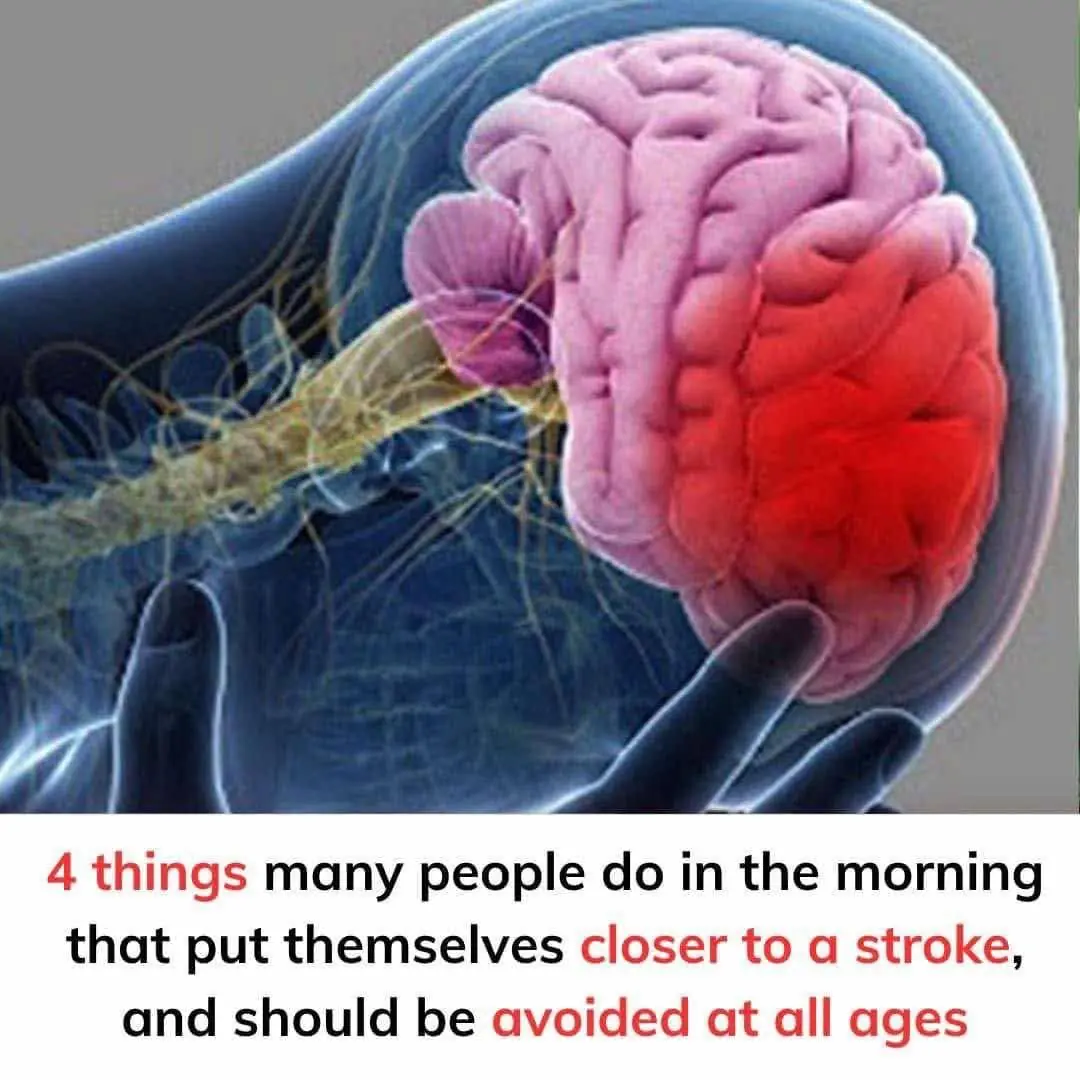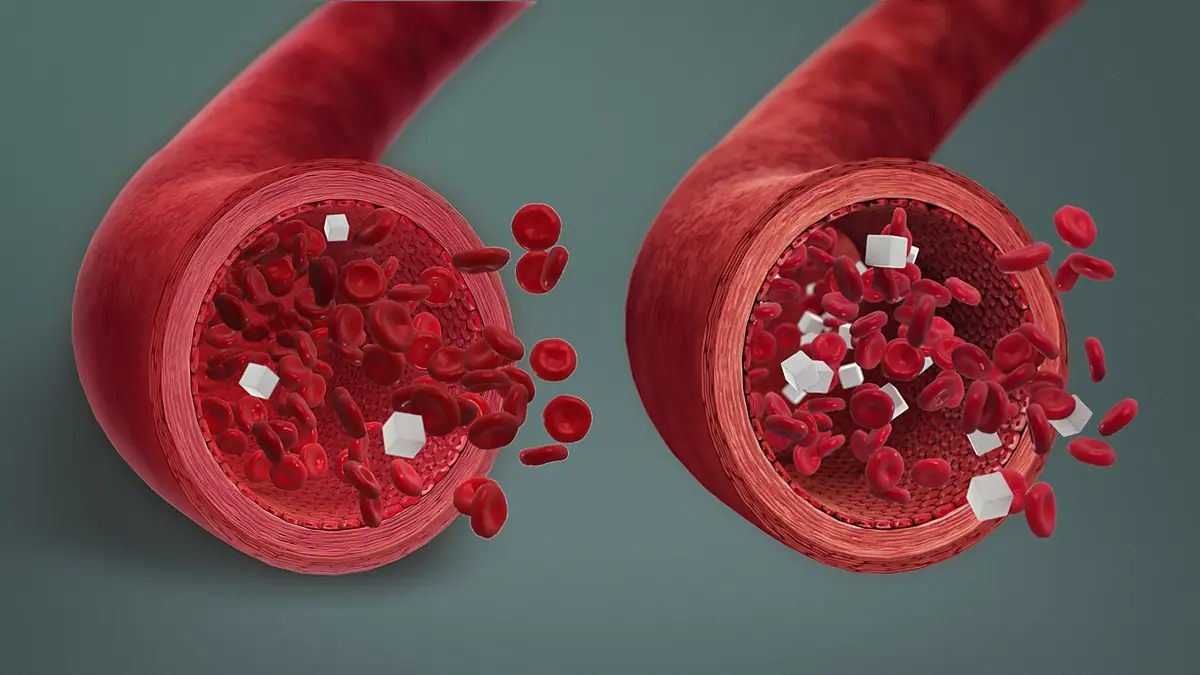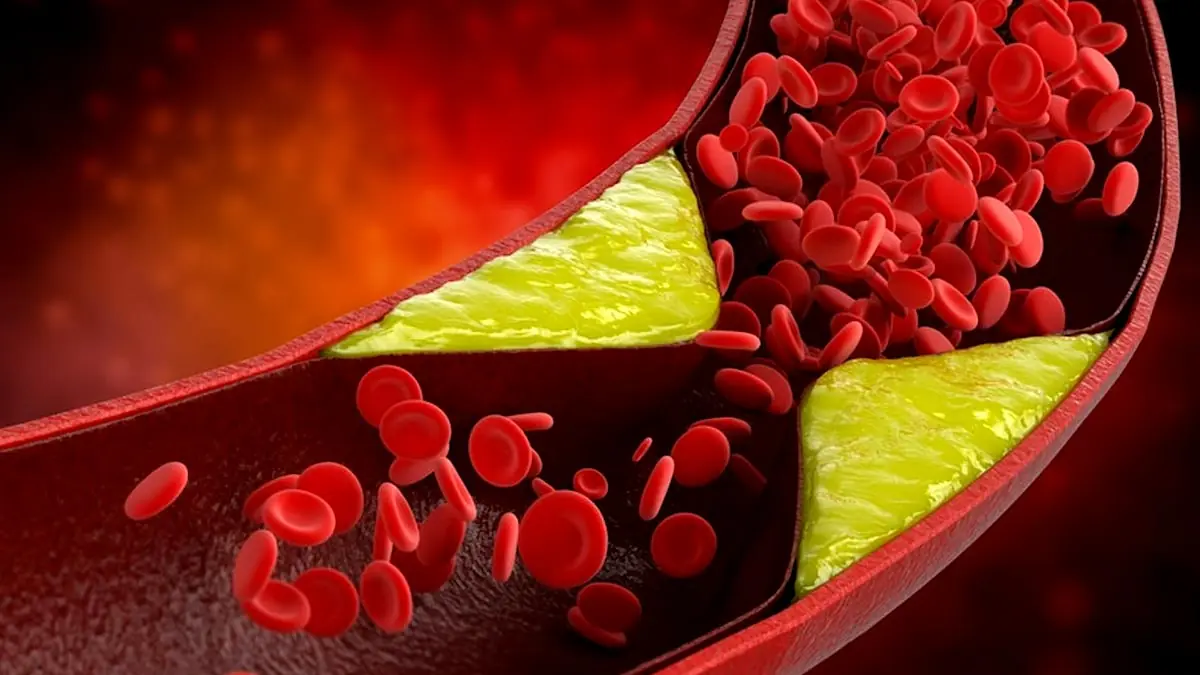
Doctors make disturbing discovery in the brains of heavy alcohol drinkers that 'can cause long-term effects'
 You Might Want to Rethink That Next Binge-Drinking Session
You Might Want to Rethink That Next Binge-Drinking Session
A powerful new study has brought fresh attention to one of the lesser-discussed consequences of heavy drinking: its long-term effects on brain health. The findings suggest that consistent, high-volume alcohol consumption may be more damaging than many people realize—especially as they age.
Let’s be honest—most people already know that alcohol isn’t exactly a health tonic. It’s technically a toxin, and yet, as a species, we've collectively decided it's worth the risk for a bit of fun, socializing, or stress relief. A casual drink now and then? No big deal. Our bodies are impressively resilient, and moderate alcohol use doesn’t typically lead to major health issues.
But when casual turns into consistent and excessive, that’s where the problems begin.
Beyond the obvious drawbacks like spending a fortune on drinks and the potential for addiction, there's a growing body of evidence showing that heavy drinking can take a serious toll on the brain. A new study out of Brazil, titled “Association Between Alcohol Consumption, Cognitive Abilities, and Neuropathologic Changes,” explores how alcohol use correlates with physical changes in the brain, particularly in older adults.
The research was led by Dr. Alberto Fernando Oliveira Justo from the University of São Paulo Medical School, who didn’t mince words when discussing the findings. “Heavy alcohol consumption is a major global health concern linked to increased health problems and death,” he said.
In the study, "heavy drinking" was defined as consuming eight or more alcoholic beverages per week—a number that may seem surprisingly low to some. But the health implications are anything but minor.
The researchers discovered that people who drank heavily had a higher risk of developing brain lesions known as hyaline arteriolosclerosis—a form of small vessel disease that is strongly linked to memory loss and cognitive decline. These microscopic changes, often invisible during life, are associated with reduced blood flow in the brain and can severely affect mental function over time.
According to a press release from the American Academy of Neurology, the study included postmortem brain autopsies of 1,781 individuals, with an average age of 75 at the time of death. The researchers analyzed the brains to look for signs of damage, including vascular lesions and tau tangles—a marker commonly associated with Alzheimer’s disease.
While the study is observational and doesn’t prove a direct cause-and-effect relationship, the correlations are striking. Among people who never drank alcohol, 40% had vascular lesions. That number jumped to 44% among heavy drinkers, and 50% among former heavy drinkers. Moderate drinkers had a slightly lower prevalence at 45%, but still higher than non-drinkers.
Even more concerning, after adjusting for variables like age, smoking status, and exercise habits, heavy drinkers were found to have 133% higher odds of developing vascular brain lesions compared to those who never drank. Former heavy drinkers were not far behind, with 89% higher odds, while moderate drinkers showed a 60% increased risk.
And it doesn't stop there. The team also found that both current and former heavy drinkers had significantly elevated risks of developing tau protein tangles in the brain—41% and 31% higher odds, respectively. Tau tangles are strongly linked with neurodegenerative conditions like Alzheimer’s, making this a particularly concerning finding.
Dr. Justo emphasized that understanding these links is vital for public health, especially as societies around the world grapple with aging populations and rising rates of cognitive disorders. "Our research shows that heavy alcohol consumption is damaging to the brain, which can lead to memory and thinking problems," he explained. "We need to raise awareness so people can make informed decisions before the damage is done."
So the next time you're gearing up for a wild weekend of binge drinking, you might want to think twice. A good time tonight might be trading in your future mental sharpness. And while the occasional drink isn’t likely to cause major harm, making a habit of heavy drinking could come back to haunt your brain in ways you never expected.
News in the same category


Scientists Have Discovered An Alarming Rise in Advanced Prostate Cancer in California

How to Safely Remove Milia

Natural Methods to Destroy Bloating and Heartburn-Causing Bacteria in Your Gut

Doctor warns of the worrying symptoms that mean common disorder could actually be bowel cancer

15 Early Signs Your Body is Fighting Cancer

common morning habits that may increase your risk of stroke

New COVID Wave Surges — Health Officials Sound Alarm As Cases Double

How to Improve Your Vision Naturally with One Simple Ingredient: Saffron

How to STOP Cravings FAST Without Dieting! (The Natural Ozempic?)

World-first sperm race is happening soon and the creators have revealed how it will work

Scientists Grow First Fully Formed Tooth In Lab — A Groundbreaking Breakthrough

New COVID Wave Surges — Health Officials Sound Alarm As Cases Double

10 Things That Men May Find Unattractive About Women Over 50

8 Signs You Might Be Affected by Lactose Intolerance

Understanding Diabetes: Types, Symptoms, Risks, and How to Manage It

Doctors Highlight A Rare Cancer Symptom That Can Appear On Your Toenails

Stroke Warning Signs: When Your Body Sends a Silent SOS

Understanding Cholesterol: The Good, the Bad, and How to Keep It in Check
News Post

My Husband Took His Female Colleague to My Inherited Lake House for 'Business Trips' — But He Had No Idea I’d Already Installed Cameras

MIL Billed Me $3,360 for Babysitting Her Own Grandson — Here's How I Settled the Score

I Was Forced to Pay Rent to My Future MIL Just to Stay in Her House and Keep My Relationship Alive

Our Sassy Neighbor Threw a Party in Our Backyard, Demanding We Stay at Home, but We Had the Last Laugh

The Hidden Meaning Behind Wearing an Ankle Bracelet—Most People Have No Idea

My Husband Called Me Lazy for Wanting to Quit My Job While 7 Months Pregnant – So I Taught Him a Lesson He'll Never Forget

After Their Son's Death, This Elderly Couple Stopped Cooking & Spent 20 Years Sharing Meals with Neighbors — Until One Neighbor's Rejection Broke Their Hearts

Husband Gifted Me a Mop on Our 10th Anniversary as His Sister Laughed – Moments Later, Karma Restored My Faith in Goodness

AM I WRONG FOR BEING UPSET THAT MY 71-YEAR-OLD MOM, ELEANOR, SPENT HER MONEY ON TRAVELING INSTEAD OF HELPING ME, SOPHIA, WITH MY BILLS?

My Husband Bought First Class Tickets for Himself and His Mom Leaving Me and the Kids in Economy - My Lesson to Him Was Harsh

My MIL Thought I Was Not Beautiful Enough for Her Son, So I Entered a Beauty Contest to Win the Crown

Scientists Have Discovered An Alarming Rise in Advanced Prostate Cancer in California

How to Safely Remove Milia

Natural Methods to Destroy Bloating and Heartburn-Causing Bacteria in Your Gut

Doctor warns of the worrying symptoms that mean common disorder could actually be bowel cancer

15 Early Signs Your Body is Fighting Cancer

common morning habits that may increase your risk of stroke

New COVID Wave Surges — Health Officials Sound Alarm As Cases Double

Photographer of tragic little girl trapped in volcanic mudflow explains why he didn’t help her
